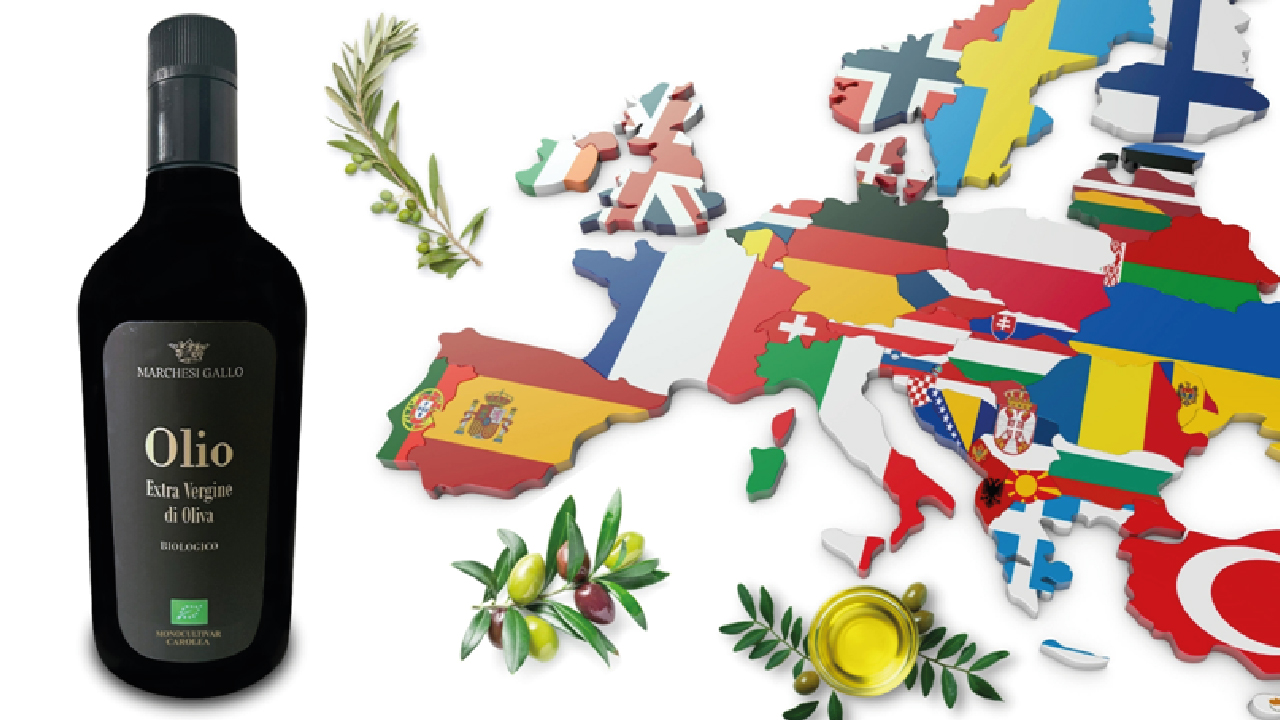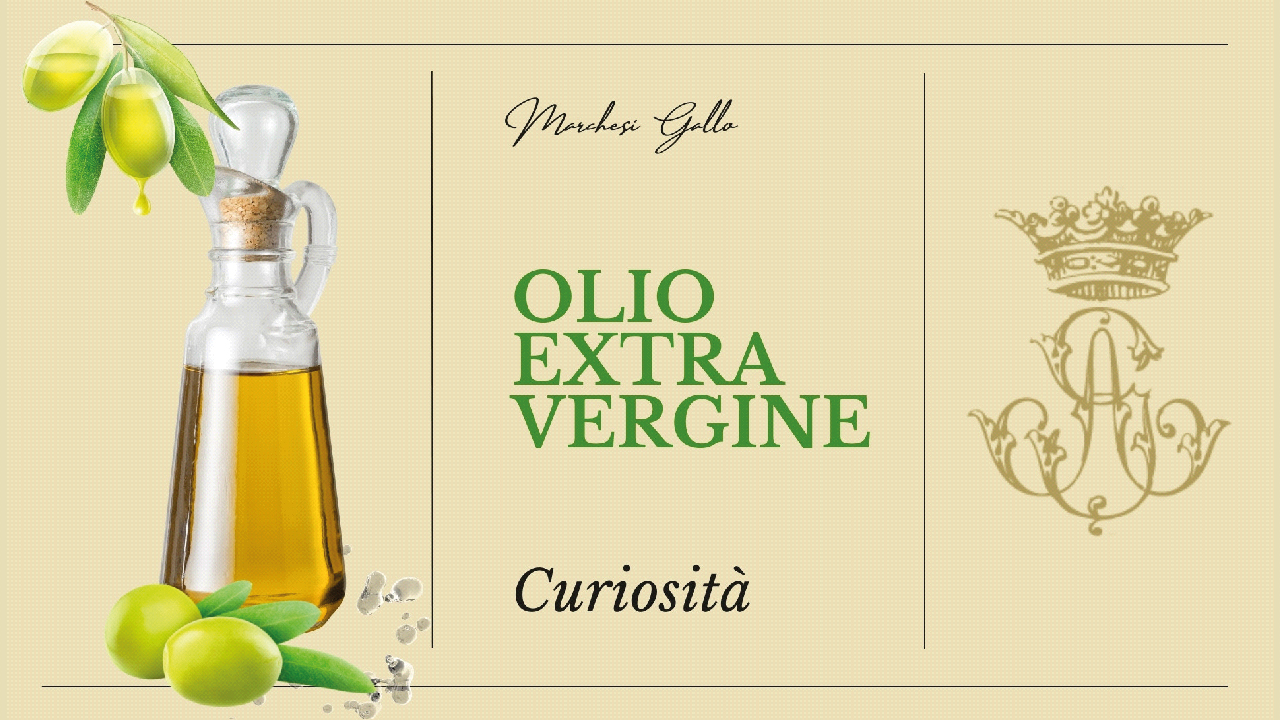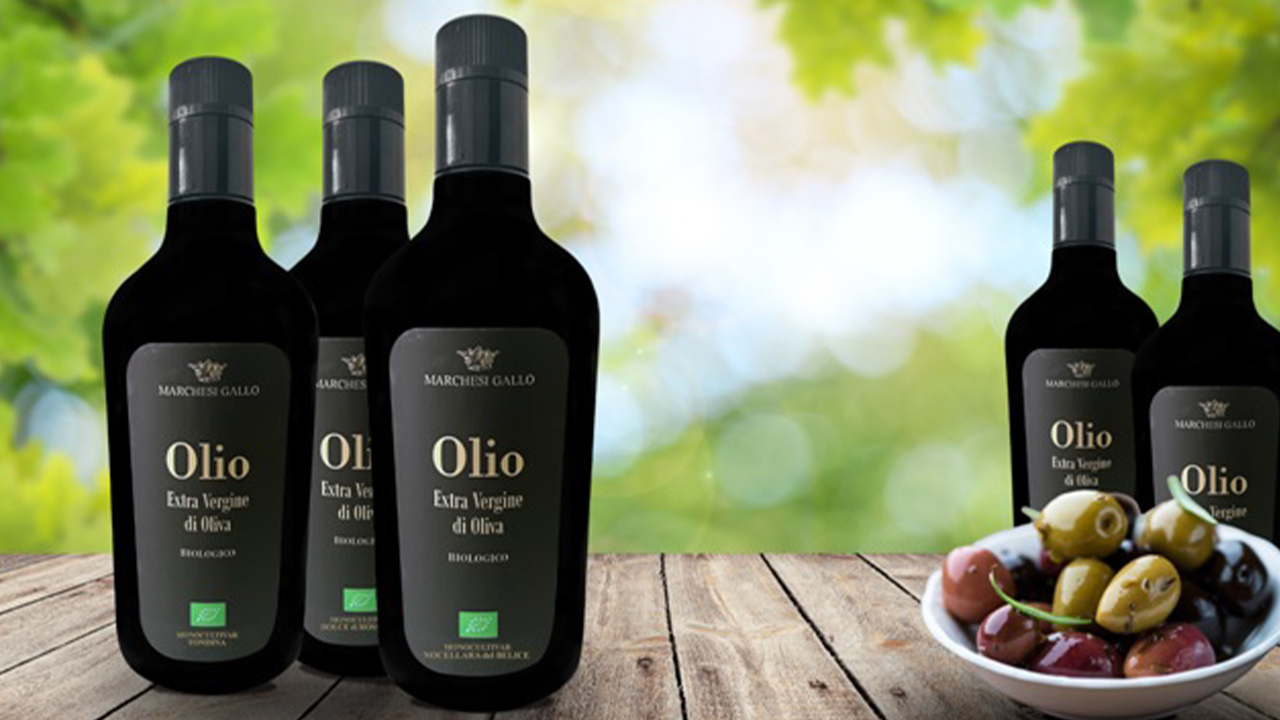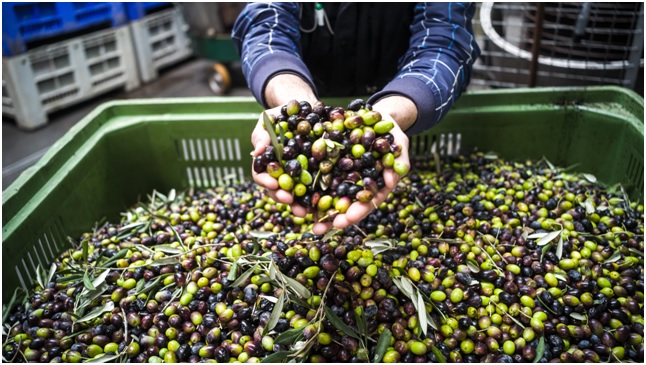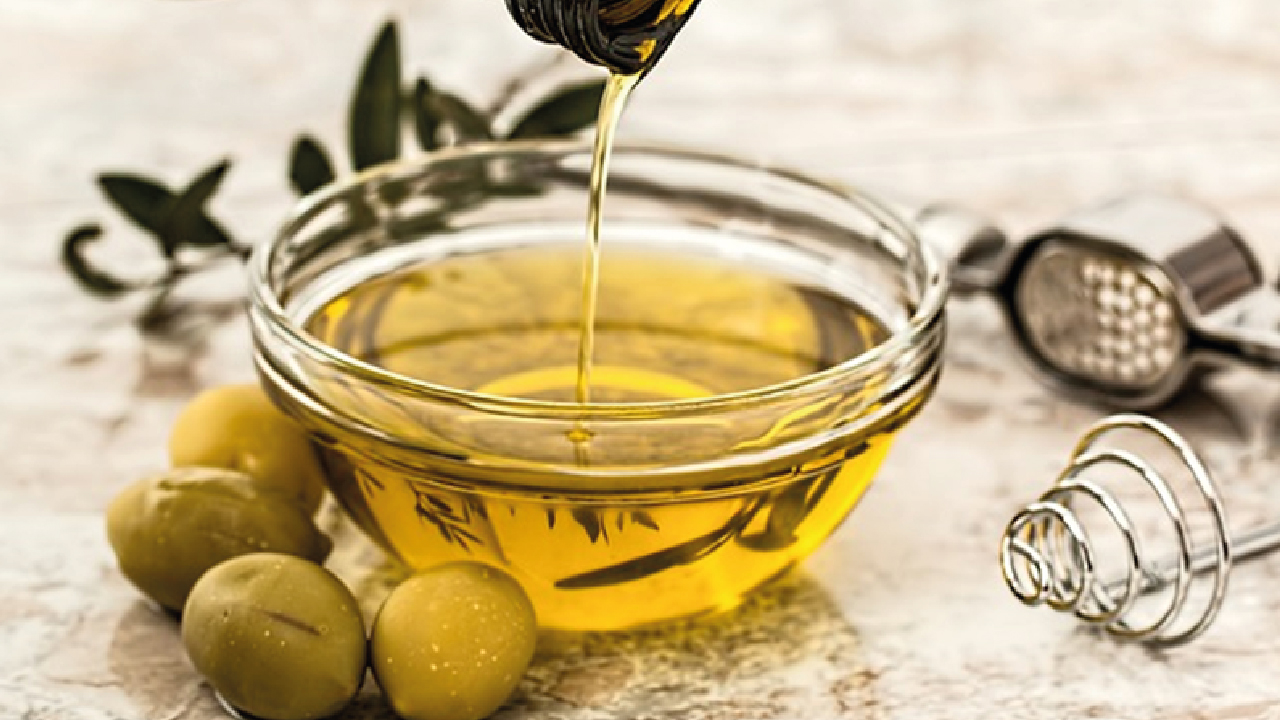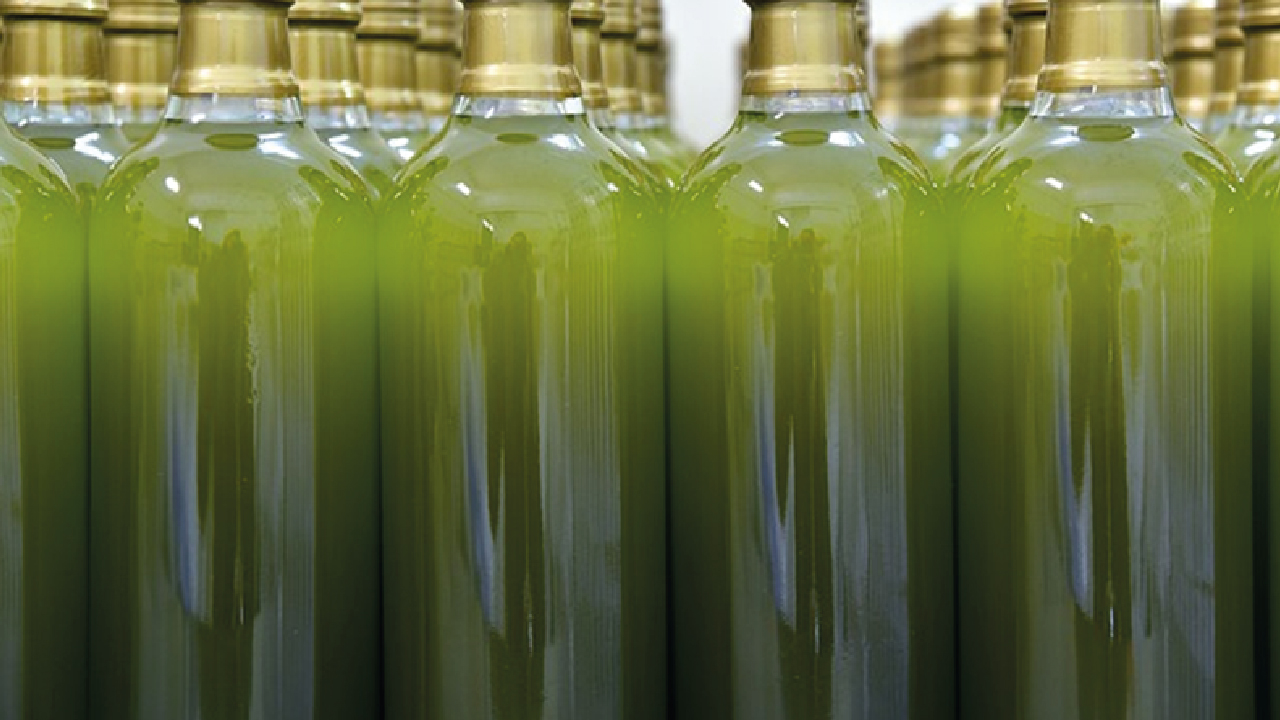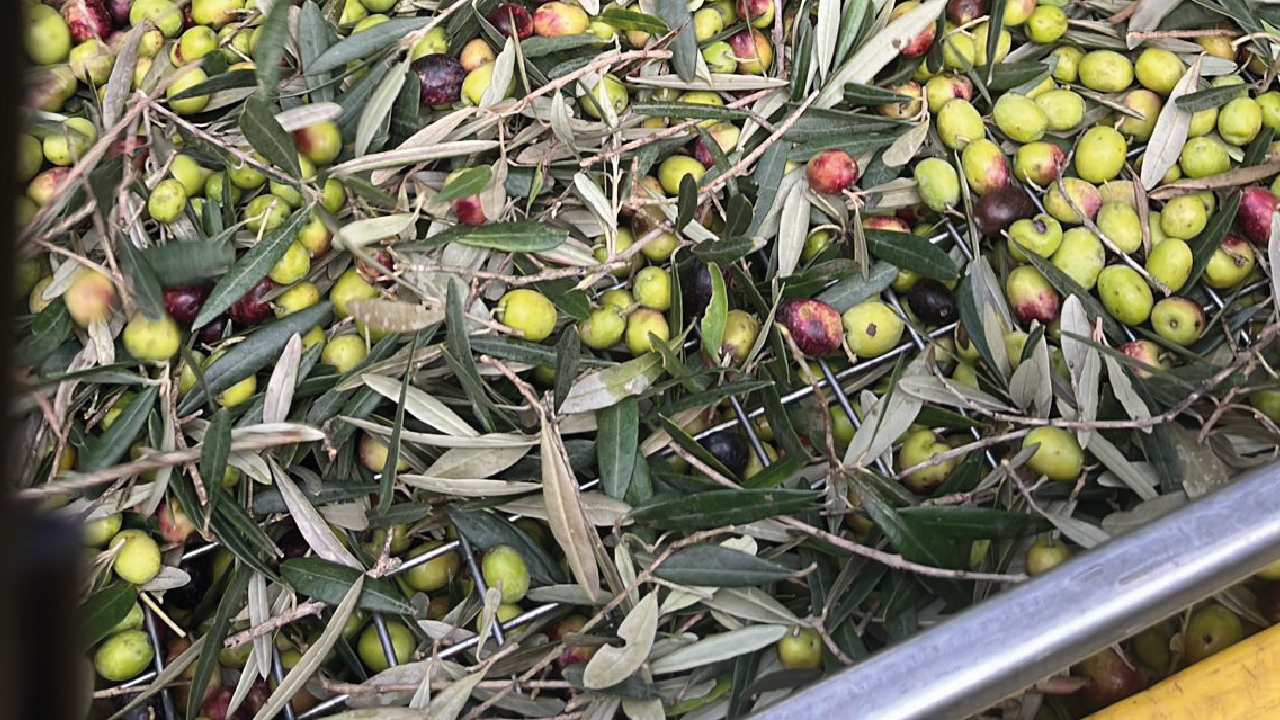When we talk about ecological, organic or bio olive oil, we are talking about an olive oil whose production process has respected the best environmental practices, in which no pesticides, plaguicides or chemical fertilizers have been used and in which it is responsible use has been made of resources, always adapting to the possibilities offered by the earth.
Furthermore, in this type of oil, particular attention was paid to the process of maturation, harvesting and extraction of the olives.
This doesn’t mean that other EVOOs are worse, you can find amazing olive oils made in the traditional way, but organic olive oils have that natural touch that others don’t. And this translates into quality, flavor and health.
Organic extra virgin olive oil
The only type of olive oil that can boast its own identity and very strict criteria is organic extra virgin olive oil. The term “extra virgin of biological origin” refers to the fact that the oil has been produced using only natural processes and has not undergone any form of chemical treatment.
How to get it
Extra virgin olive oil is essentially a type of olive oil that has not been refined or treated in any way, and as a result, is free from any type of contamination.
Put simply, extra virgin olive oil is an olive extract from which only a part of the waste has been removed, including the stone and skins. This leaves the oil with a purer flavor.
In some circumstances, this oil can be filtered and combined with a number of other oils, perhaps including several types of extra virgin olive oil that have already been used to achieve a smooth consistency.
The distinction between extra virgin olive oil and normal olive oil
Extra virgin olive oil differs from normal olive oil in that it is obtained “organically” and, consequently, in all its aspects, while normal olive oil can also be obtained in a context more industrial, where chemical processes are used to facilitate extraction. This is the main factor that distinguishes the two types of olive oil.
However, for those well versed in the matter and for those accustomed to using olive oil regularly in cooking, one of the most important aspects of extra virgin olive oil may be the source of its distinctive flavor.
Even the higher cost of organic extra virgin olive oil can largely be attributed to these properties.
A noticeable distinction
The fact that extra virgin olive oils often contain a much higher percentage of saturated fat than standard olive oils explains why the former are superior options for use in cooking.
Additionally, extra virgin olive oil typically contains very high amounts of vitamins A, D, and E, as well as higher concentrations of polyphenols and phenols than standard virgin olive oil.
Thanks to its very low solubility, extra virgin olive oil is an excellent choice for those trying to limit the consumption of fiber-rich foods.
It is highly recommended by several health professionals due to the many benefits it offers in terms of nutrition.
Organic EVO is not refined
Organic extra virgin olive oil is unrefined olive oil, which means that it is literally freshly pressed olive juice. It is a cold-pressed (or cold-spun, actually) oil and produced without heat from the first pressing of the olives.
